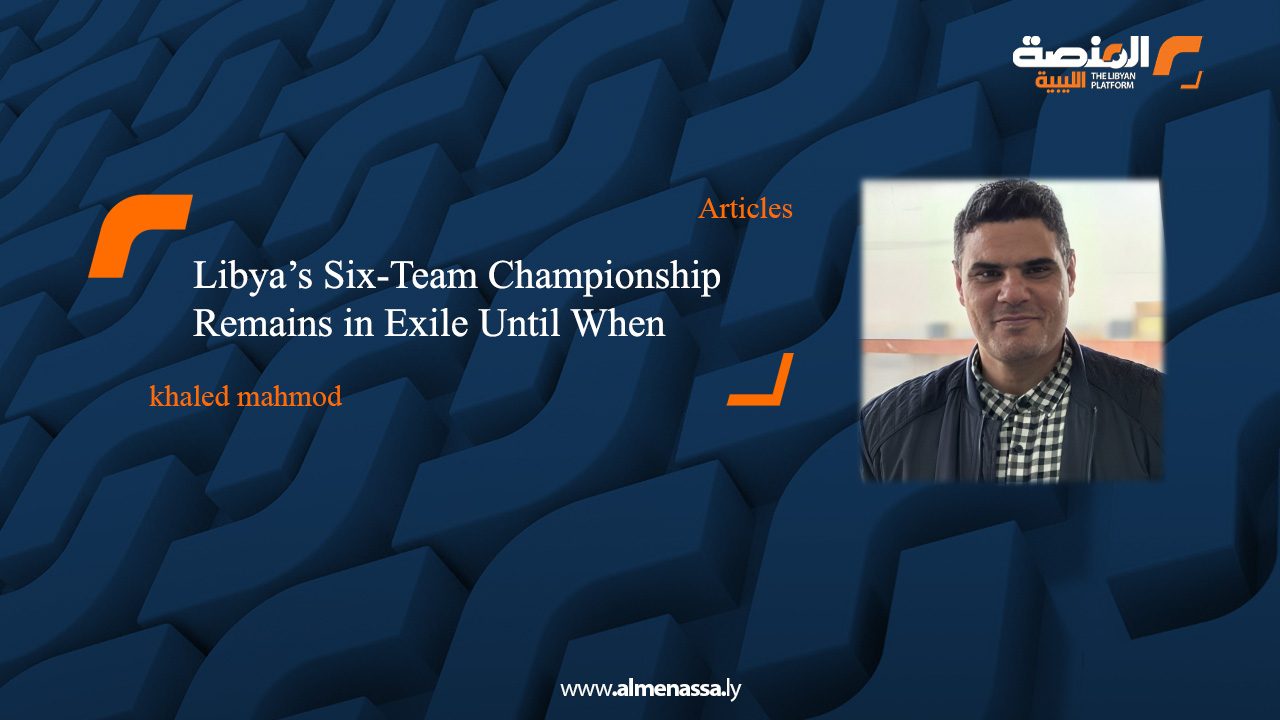It’s no longer a secret that Libya’s six-team football championship—arguably the country’s premier sporting event—continues to unfold beyond its borders. Despite featuring clubs from cities with deep fan bases and rich sporting legacies, the tournament remains hosted abroad due to the lack of viable domestic solutions.
Some observers have proposed alternatives, such as holding matches without spectators or selecting neutral Libyan cities as hosts. Yet these suggestions often collide with the realities on the ground.
Playing behind closed doors may seem practical, but it strips the game of its spirit and competitive energy. Moreover, security concerns persist—barring entry doesn’t guarantee the absence of gatherings or attempts to breach stadiums.
As for neutral cities, the idea raises questions about infrastructure readiness and the logistical challenges of securing teams and delegations. More importantly, it may not appeal to fans or clubs that prefer vibrant, accessible urban centers.
Faced with these constraints, the Government of National Unity has opted to continue hosting the championship abroad—a costly decision that deprives local fans of the chance to support their teams in person. Yet it reflects the scale of Libya’s security and social challenges, which extend far beyond the realm of sport.
So the question now stands: Can Libyan football thrive while its flagship tournament remains in exile? And what long-term steps must be taken to bring major competitions back to Libyan soil?


